Marvel Comics: The Untold Story | Sean Howe
An unvarnished, unauthorized, behind-the-scenes account of one of the most dominant pop cultural forces in contemporary America Operating out of a tiny office on Madison Avenue in the early 1960s, a struggling company called Marvel Comics presented a cast of brightly costumed characters distinguished by smart banter and compellingly human flaws. Spider-Man, the Fantastic Four, Captain America, the Incredible Hulk, the Avengers, Iron Man, Thor, the X-Men, Daredevil�these superheroes quickly won children's hearts and sparked the imaginations of pop artists, public intellectuals, and campus radicals. Over the course of a half century, Marvel's epic universe would become the most elaborate fictional narrative in history and serve as a modern American mythology for millions of readers. Throughout this decades-long journey to becoming a multibillion-dollar enterprise, Marvel's identity has continually shifted, careening between scrappy underdog and corporate behemoth. As the company has weathered Wall Street machinations, Hollywood failures, and the collapse of the comic book market, its characters have been passed along among generations of editors, artists, and writers�also known as the celebrated Marvel "Bullpen." Entrusted to carry on tradition, Marvel's contributors�impoverished child prodigies, hallucinating peaceniks, and mercenary careerists among them�struggled with commercial mandates, a fickle audience, and, over matters of credit and control, one another. For the first time, Marvel Comics reveals the outsized personalities behind the scenes, including Martin Goodman, the self-made publisher who forayed into comics after a get-rich-quick tip in 1939; Stan Lee, the energetic editor who would shepherd the company through thick and thin for decades; and Jack Kirby, the World War II veteran who'd co-created Captain America in 1940 and, twenty years later, developed with Lee the bulk of the company's marquee characters in a three-year frenzy of creativity that would be the grounds for future legal battles and endless debates. Drawing on more than one hundred original interviews with Marvel insiders then and now, Marvel Comics is a story of fertile imaginations, lifelong friendships, action-packed fistfights, reformed criminals, unlikely alliances, and third-act betrayals� a narrative of one of the most extraordinary, beloved, and beleaguered pop cultural entities in America's history.
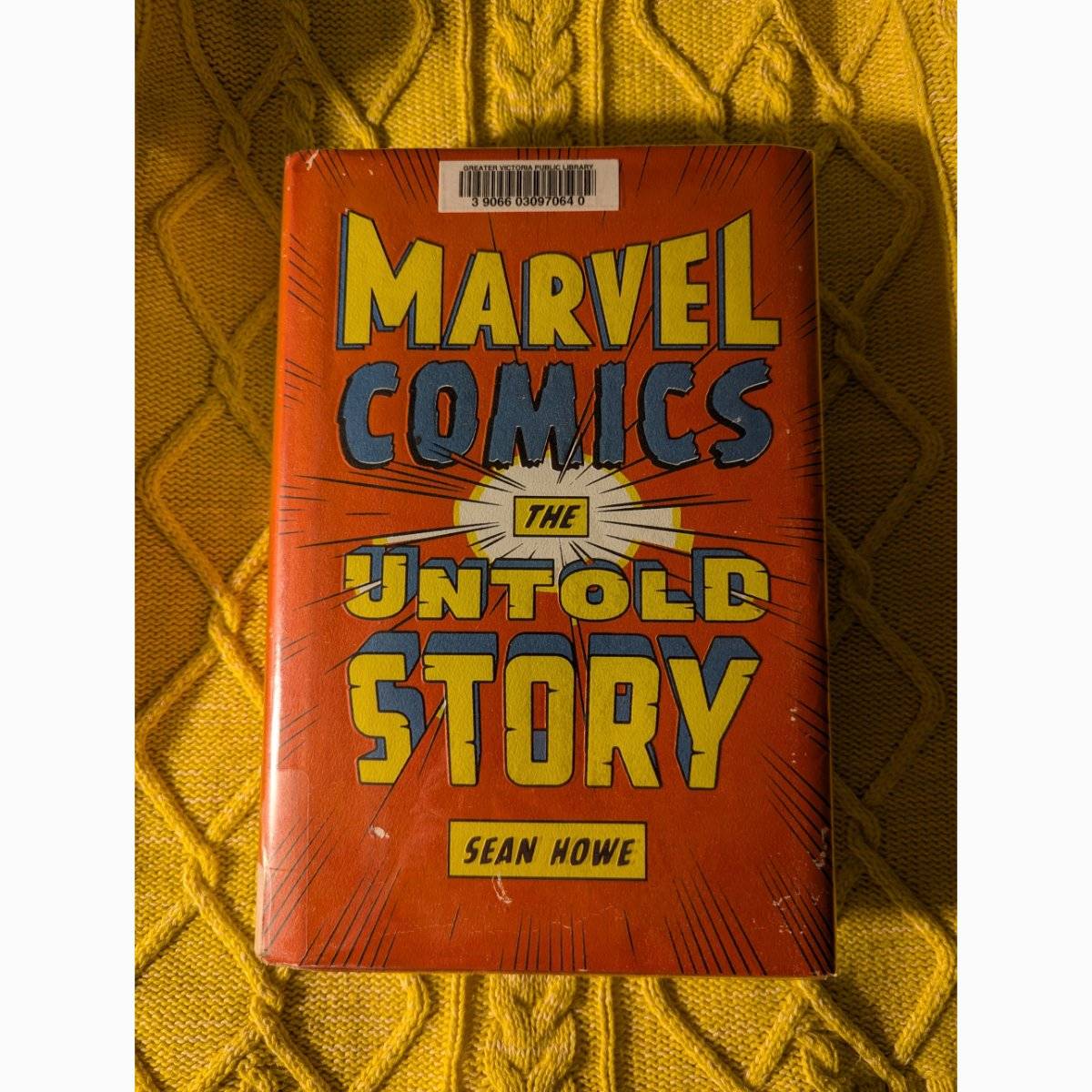







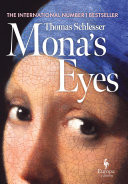
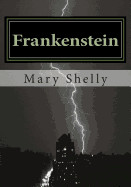
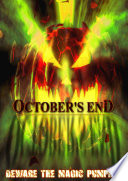
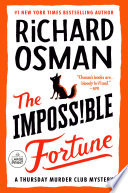
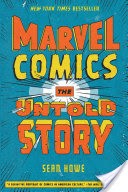







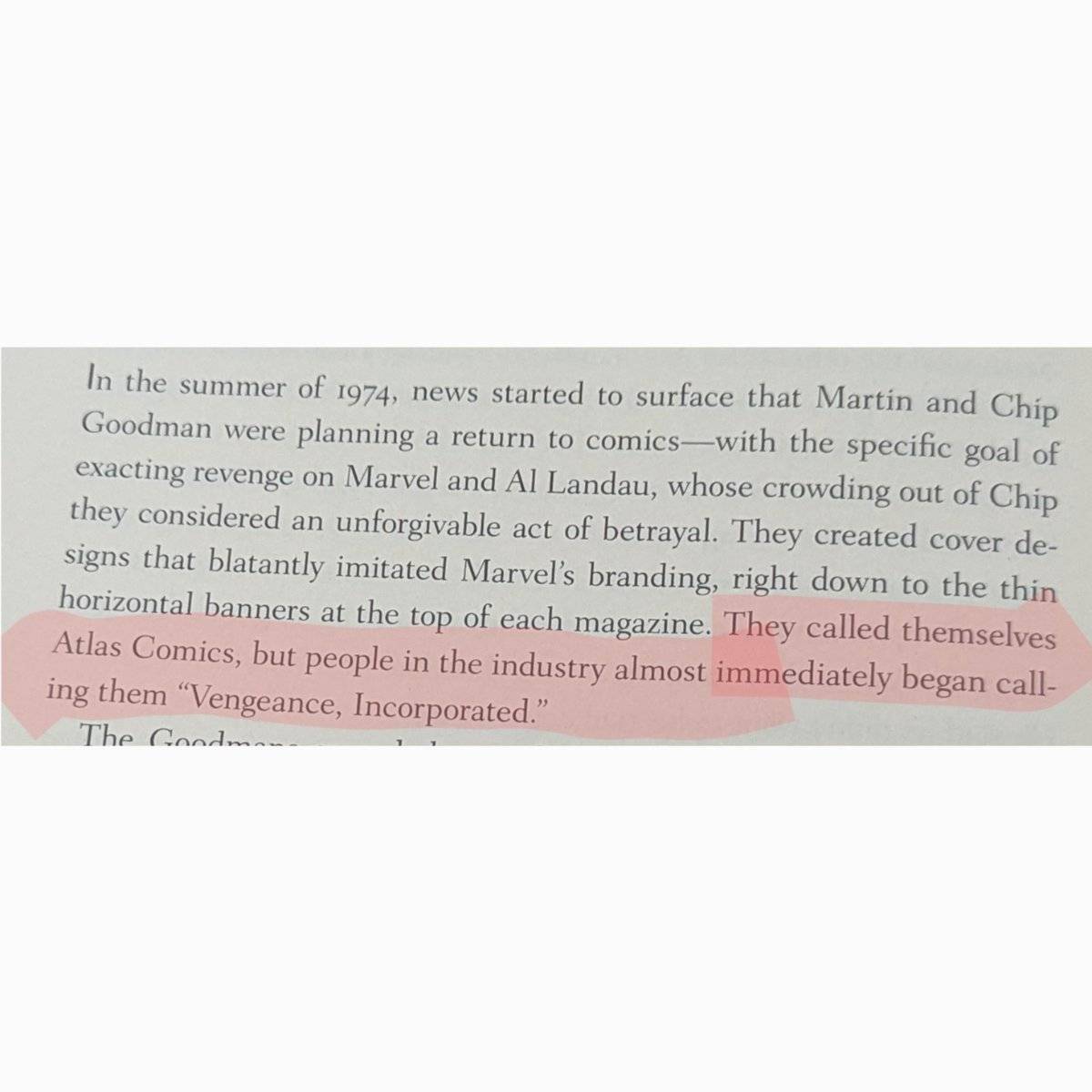
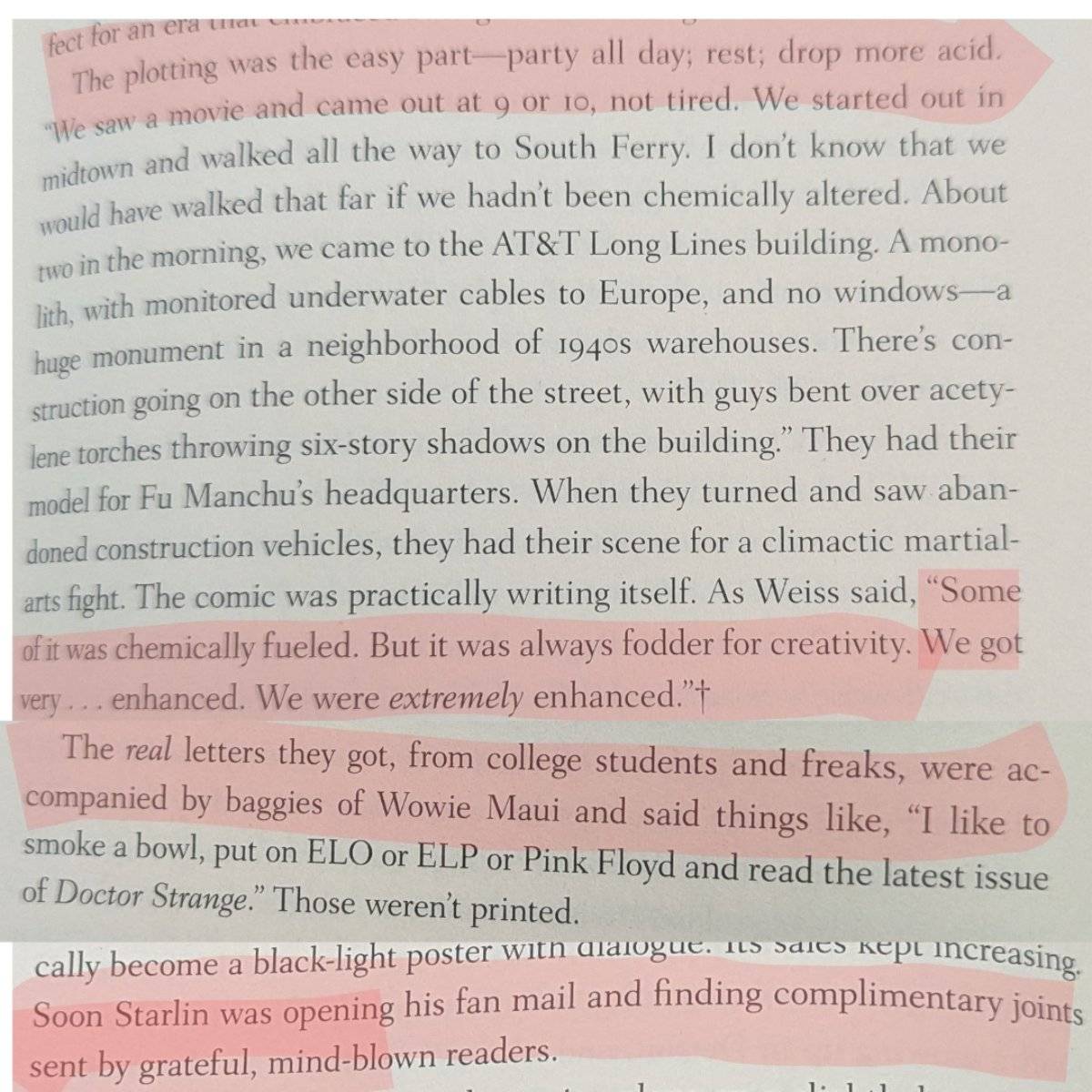
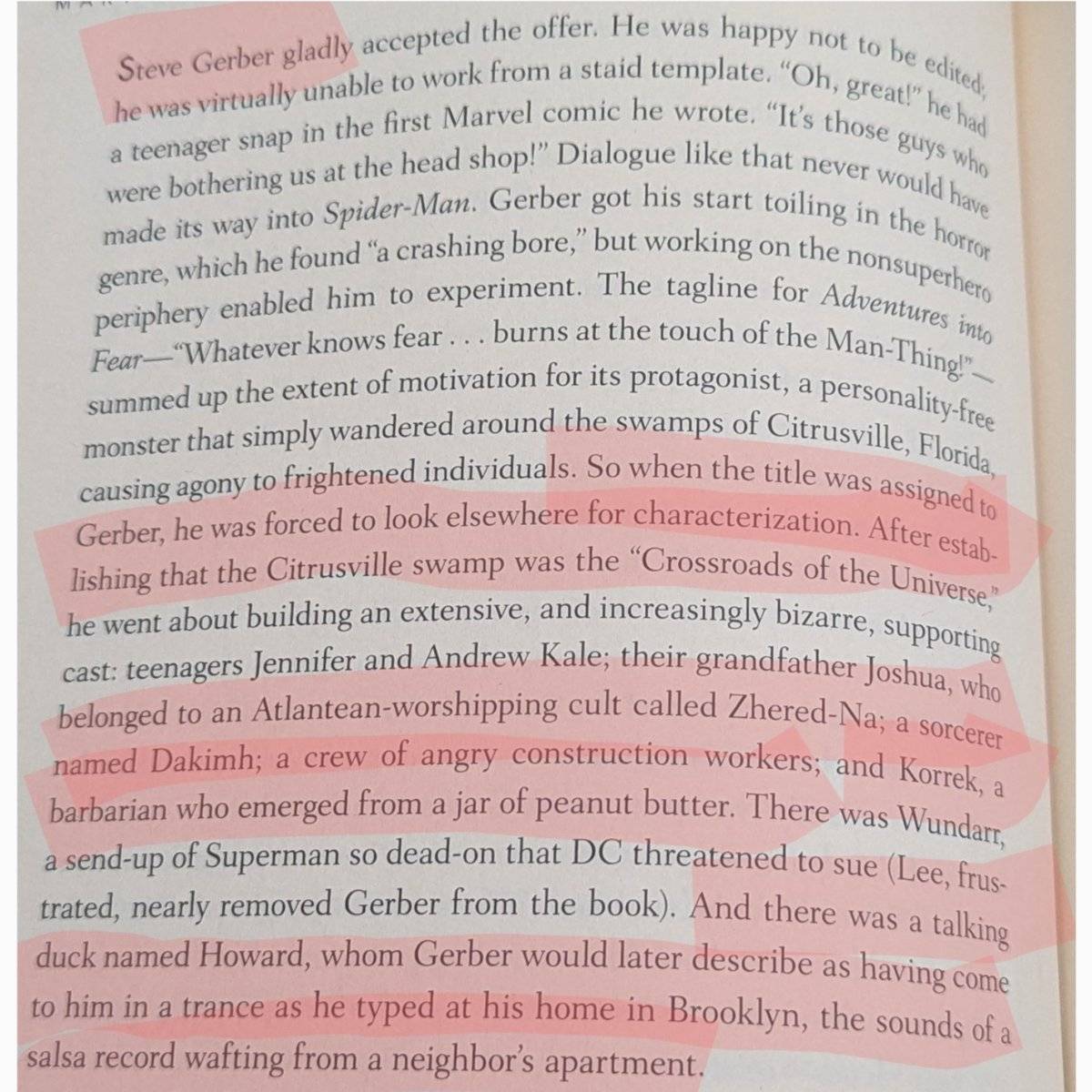
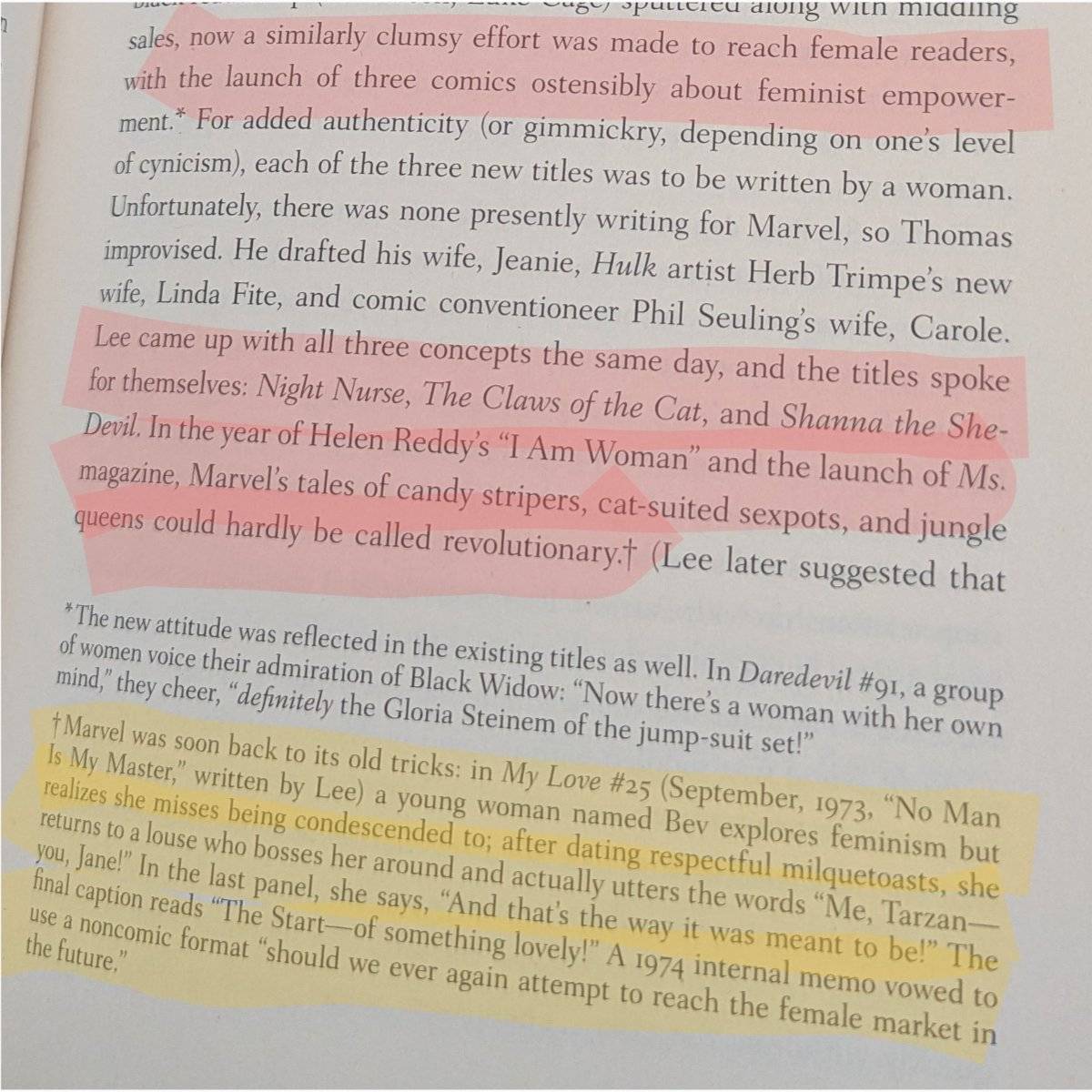
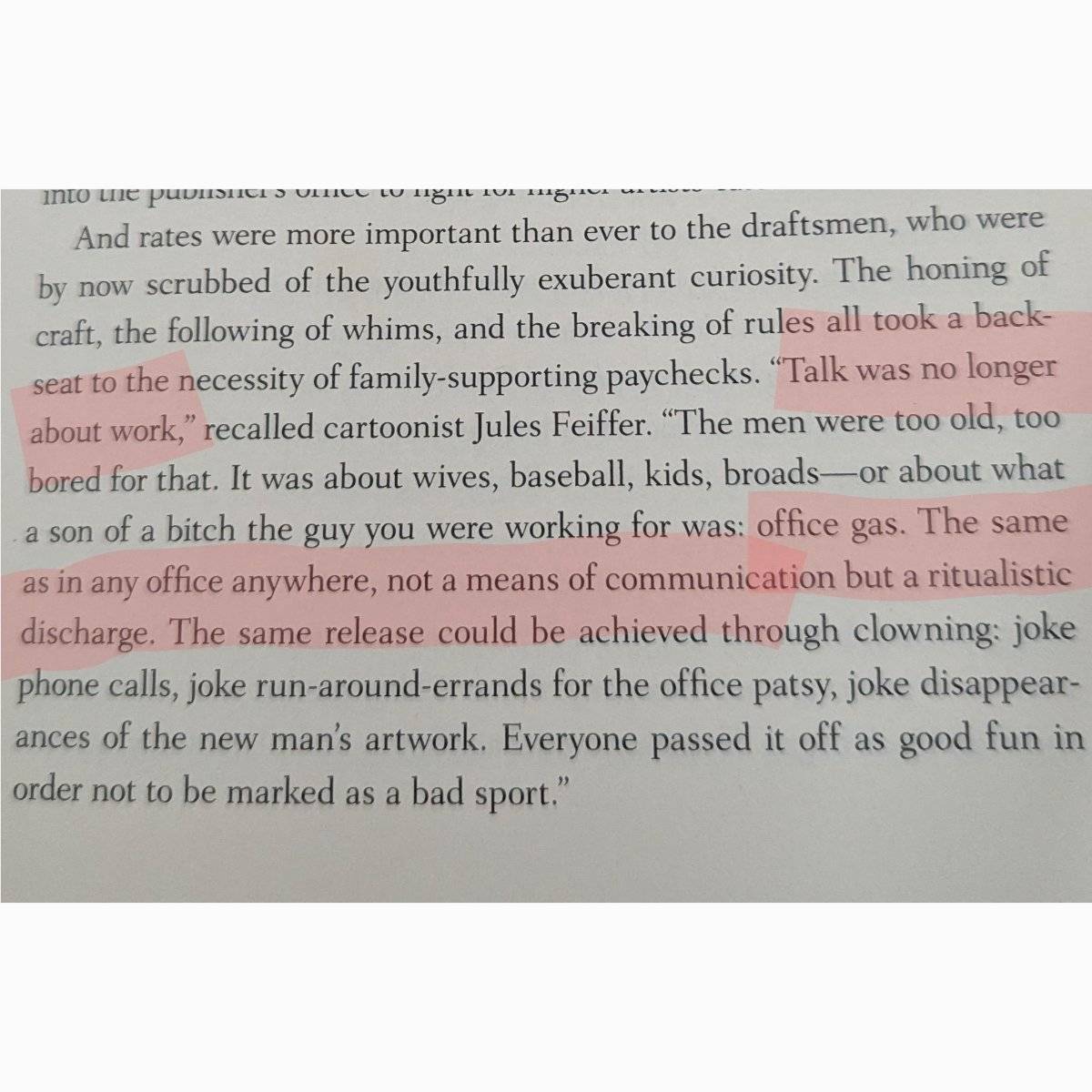

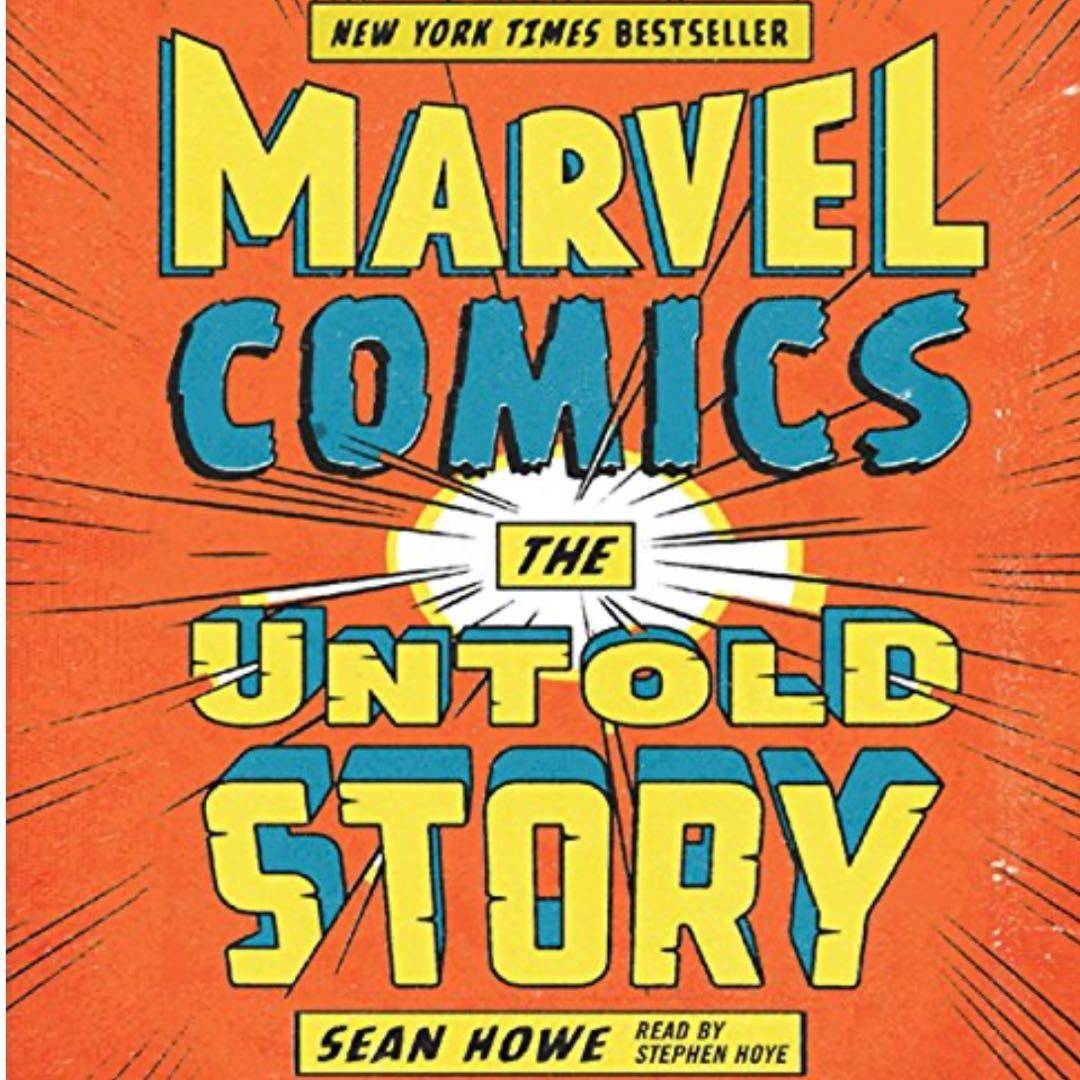

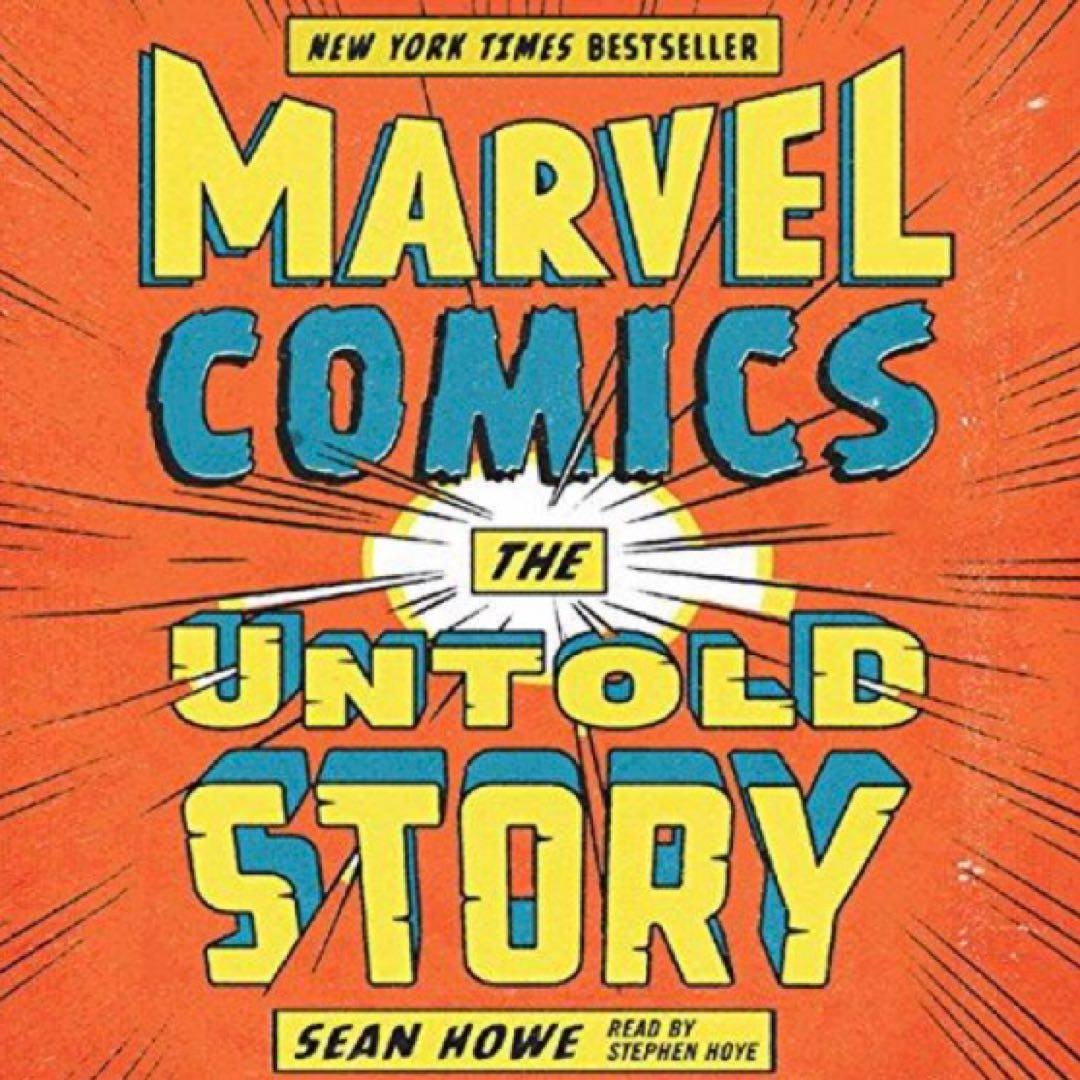

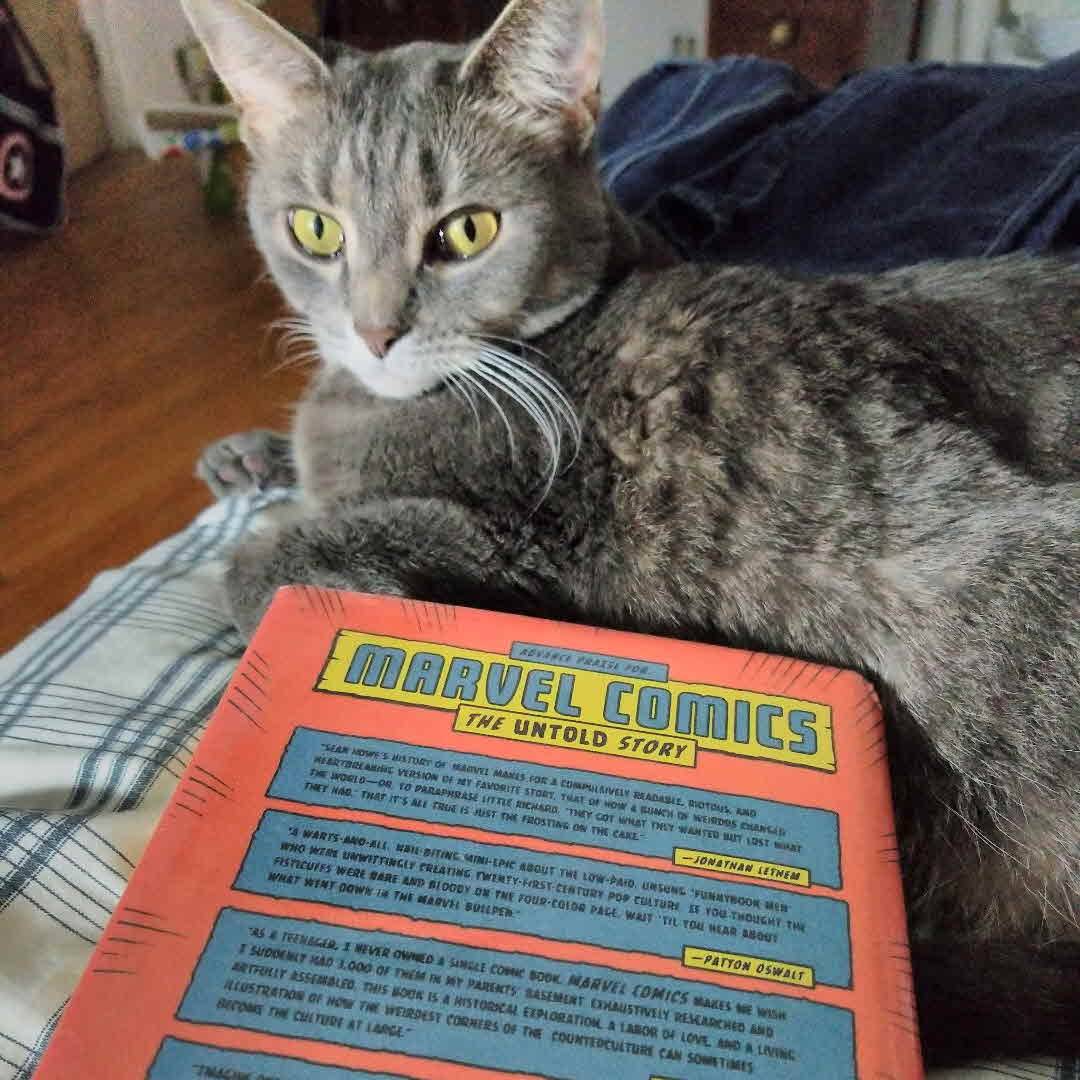
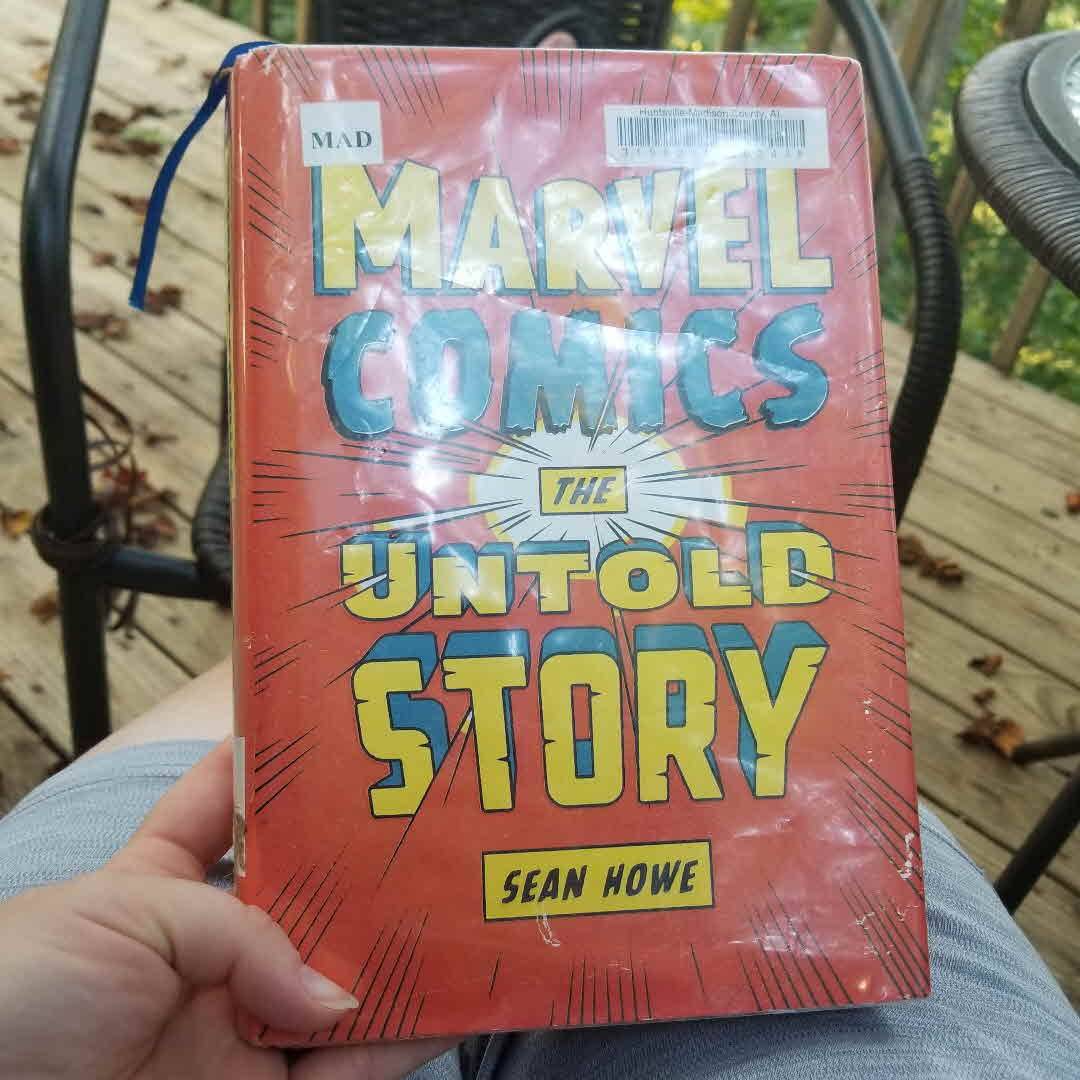


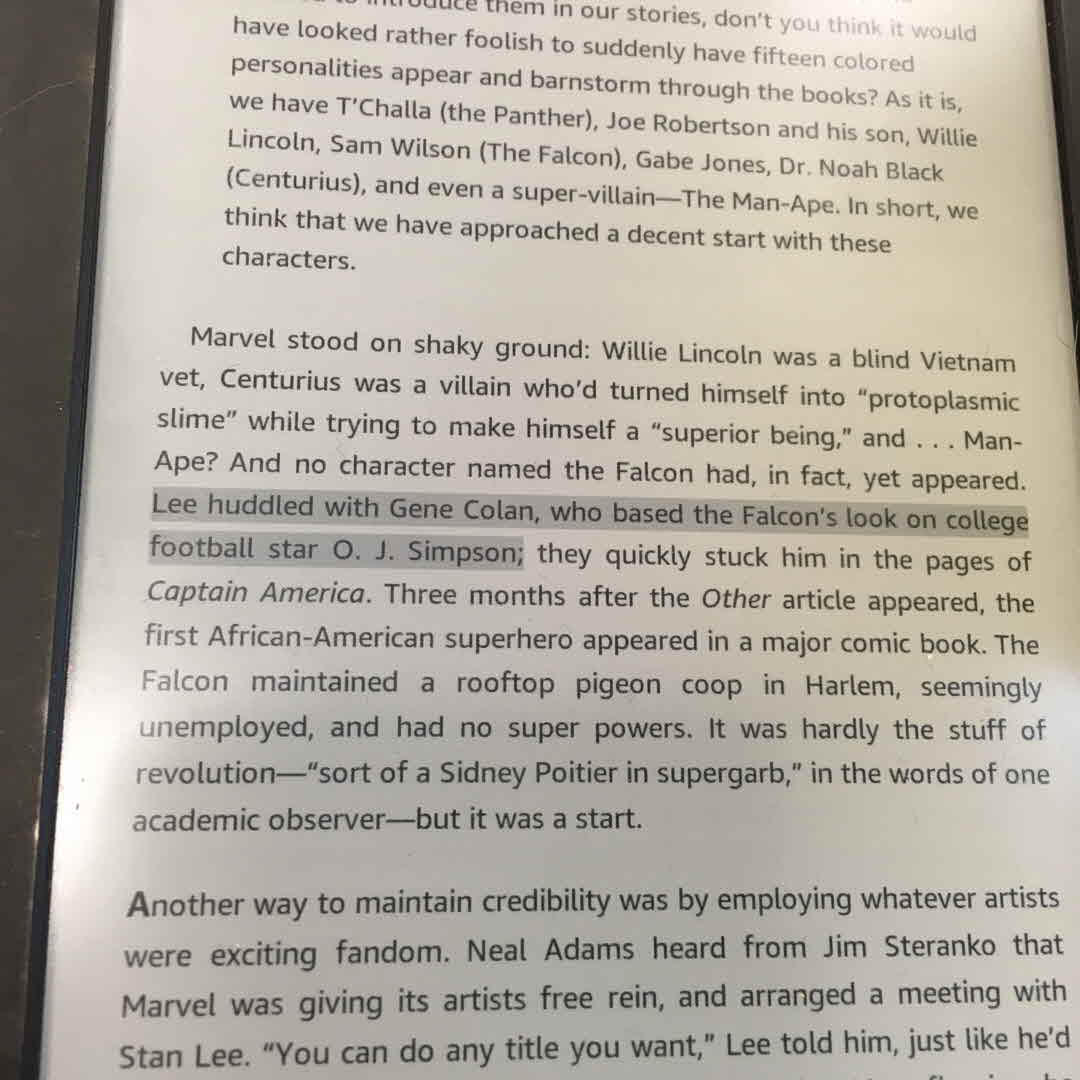

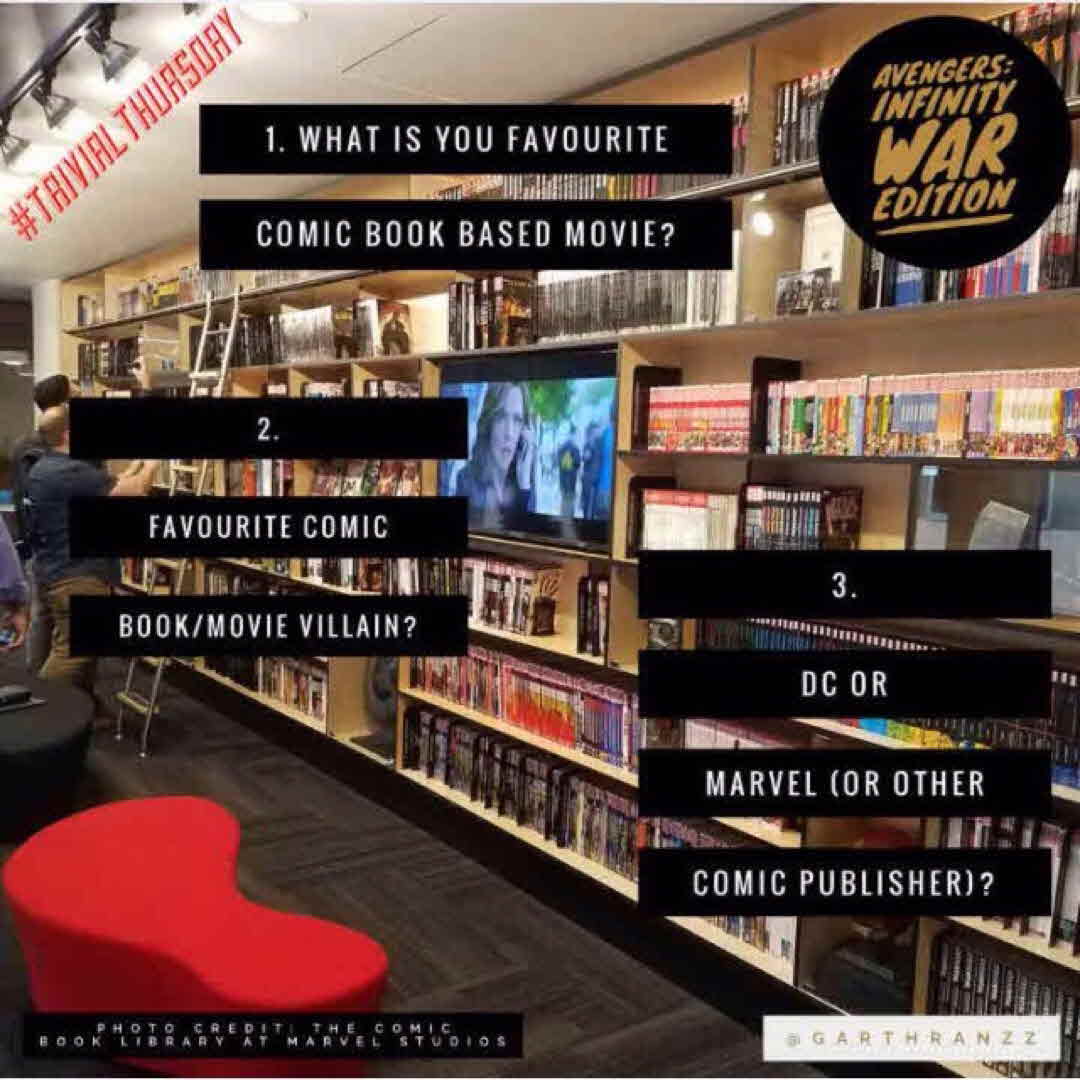

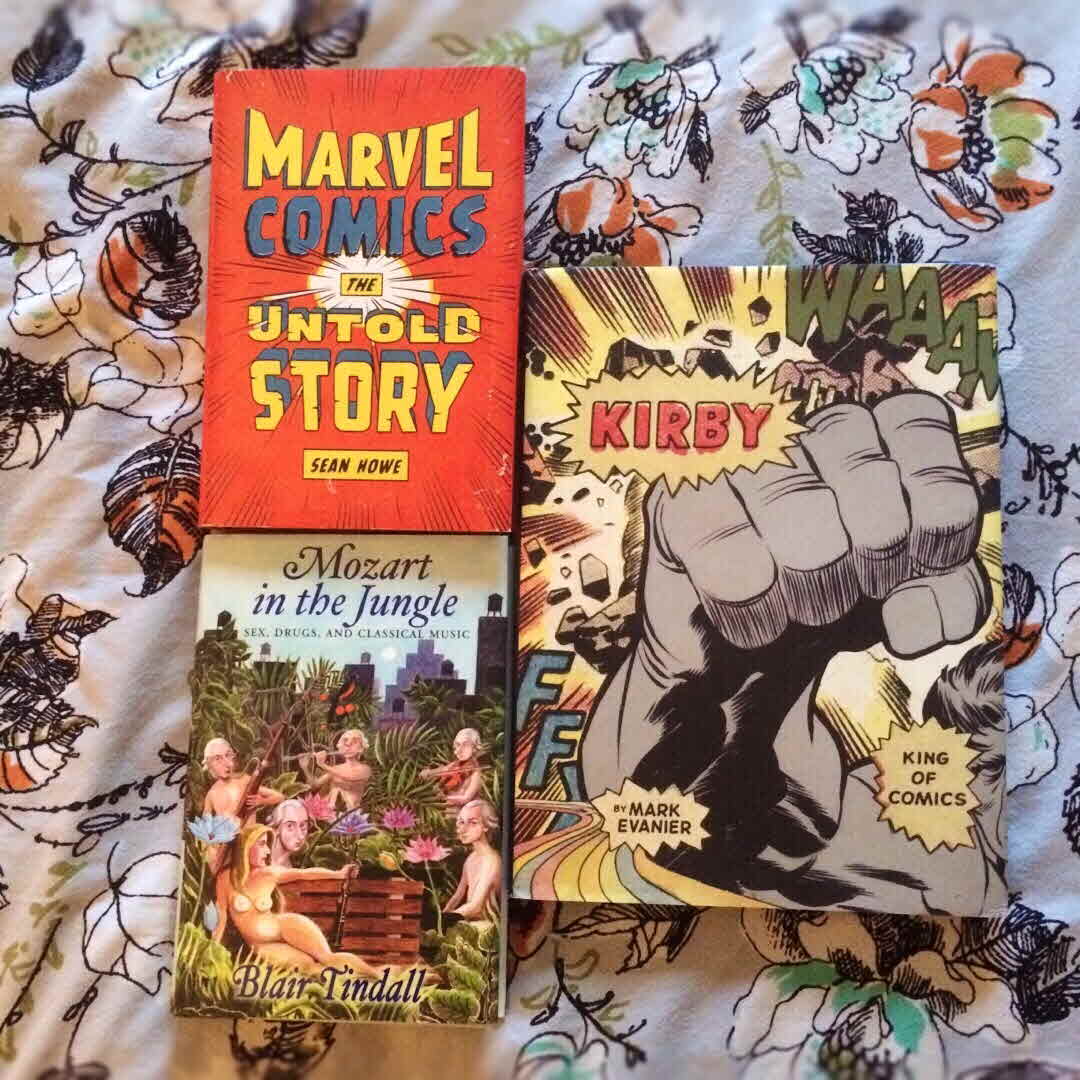



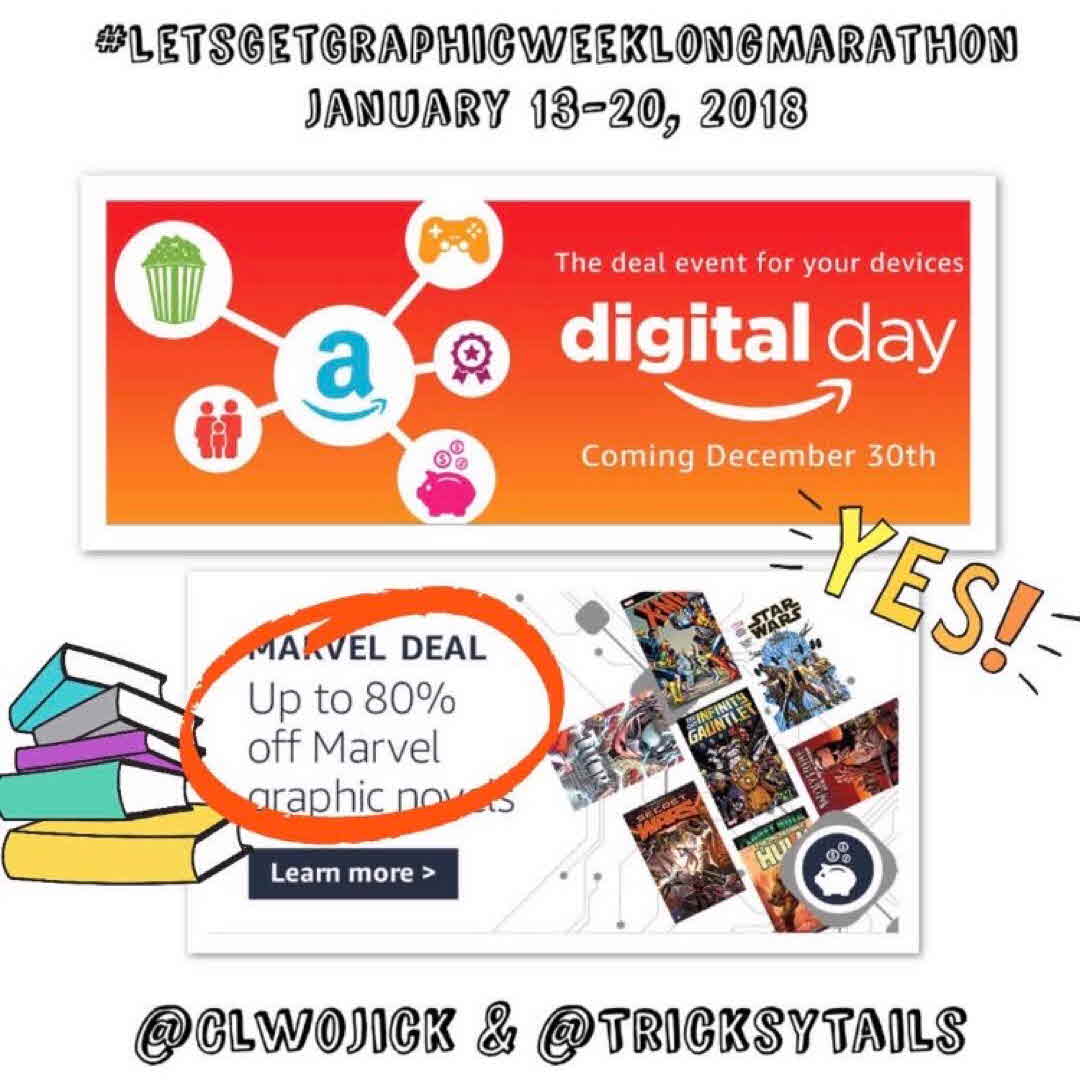
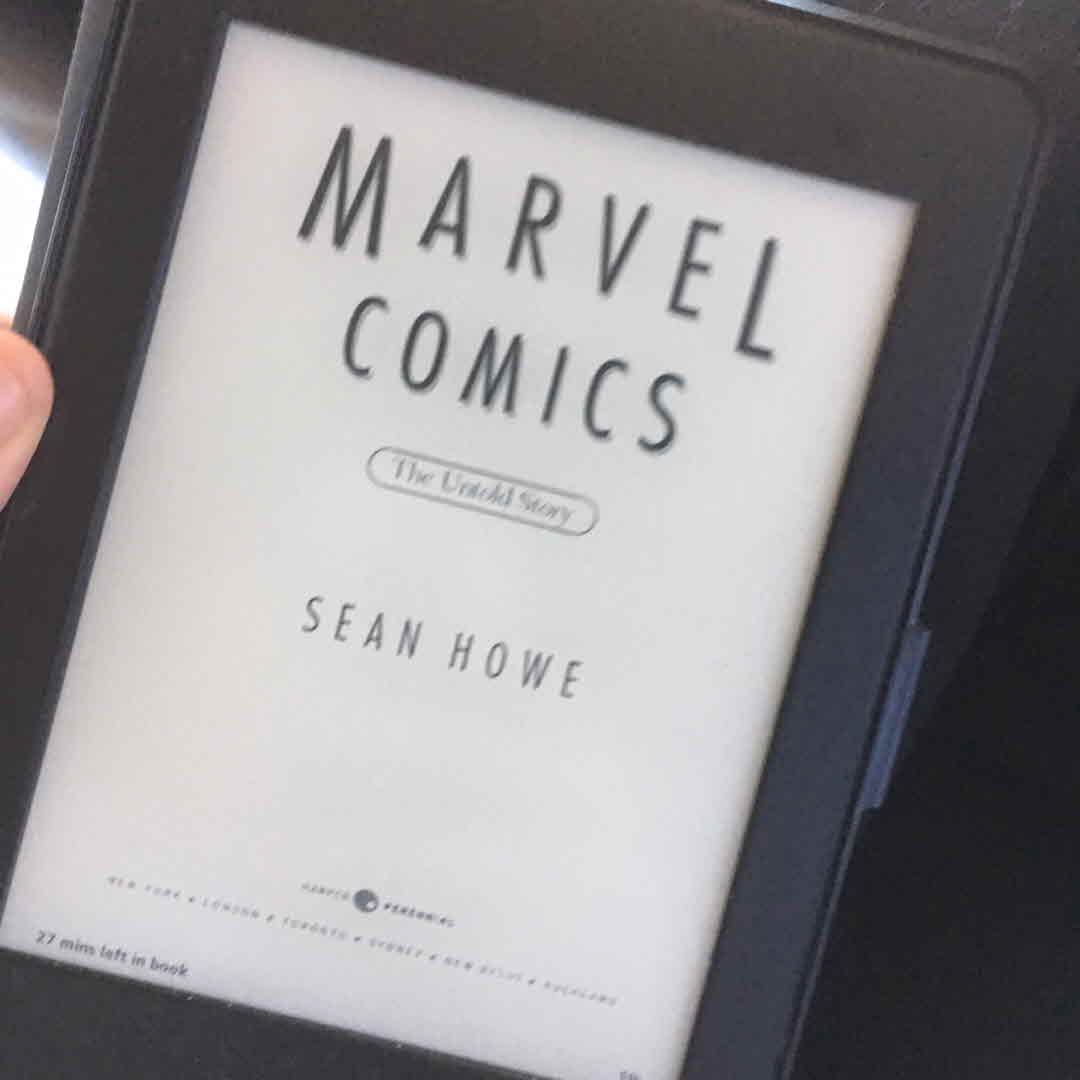

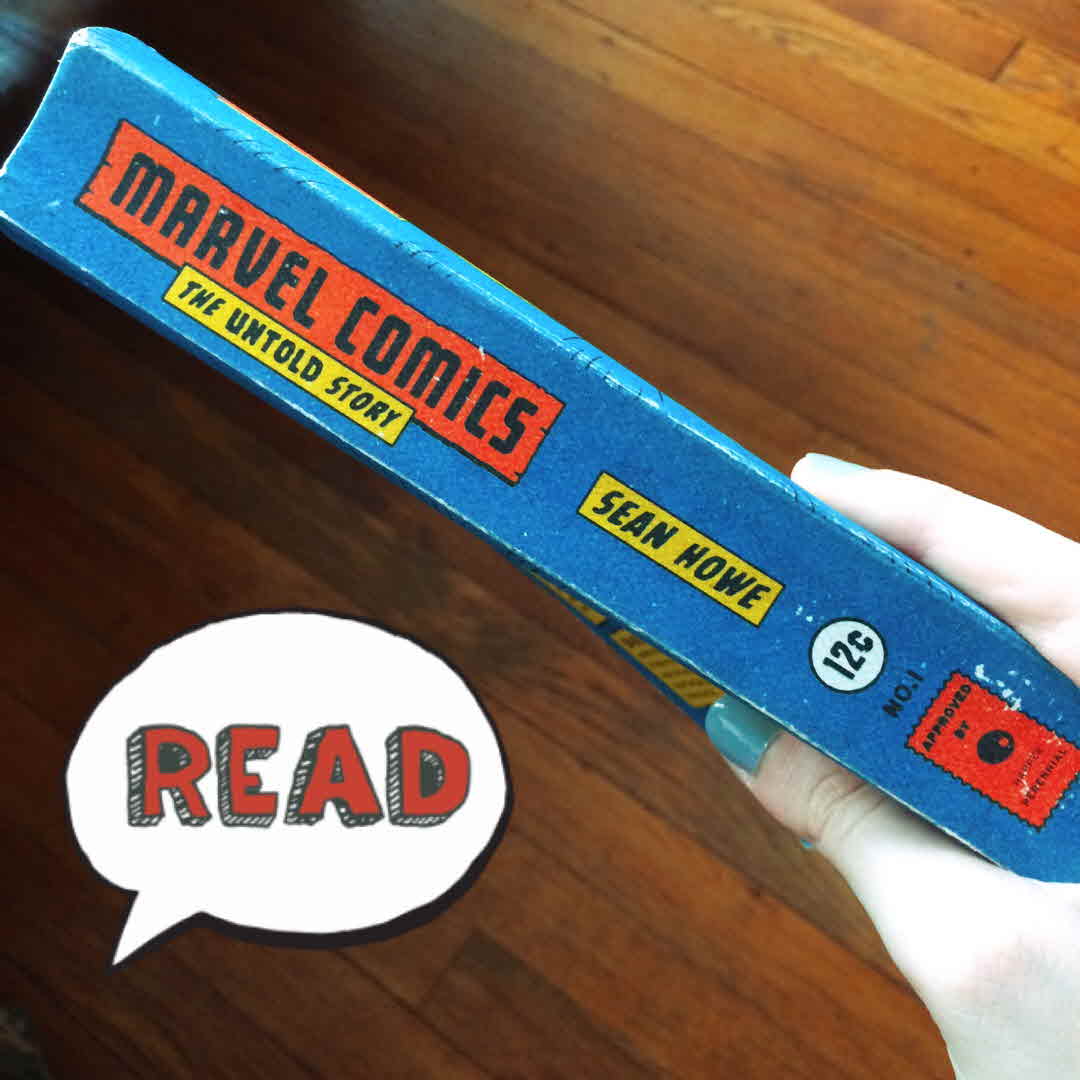
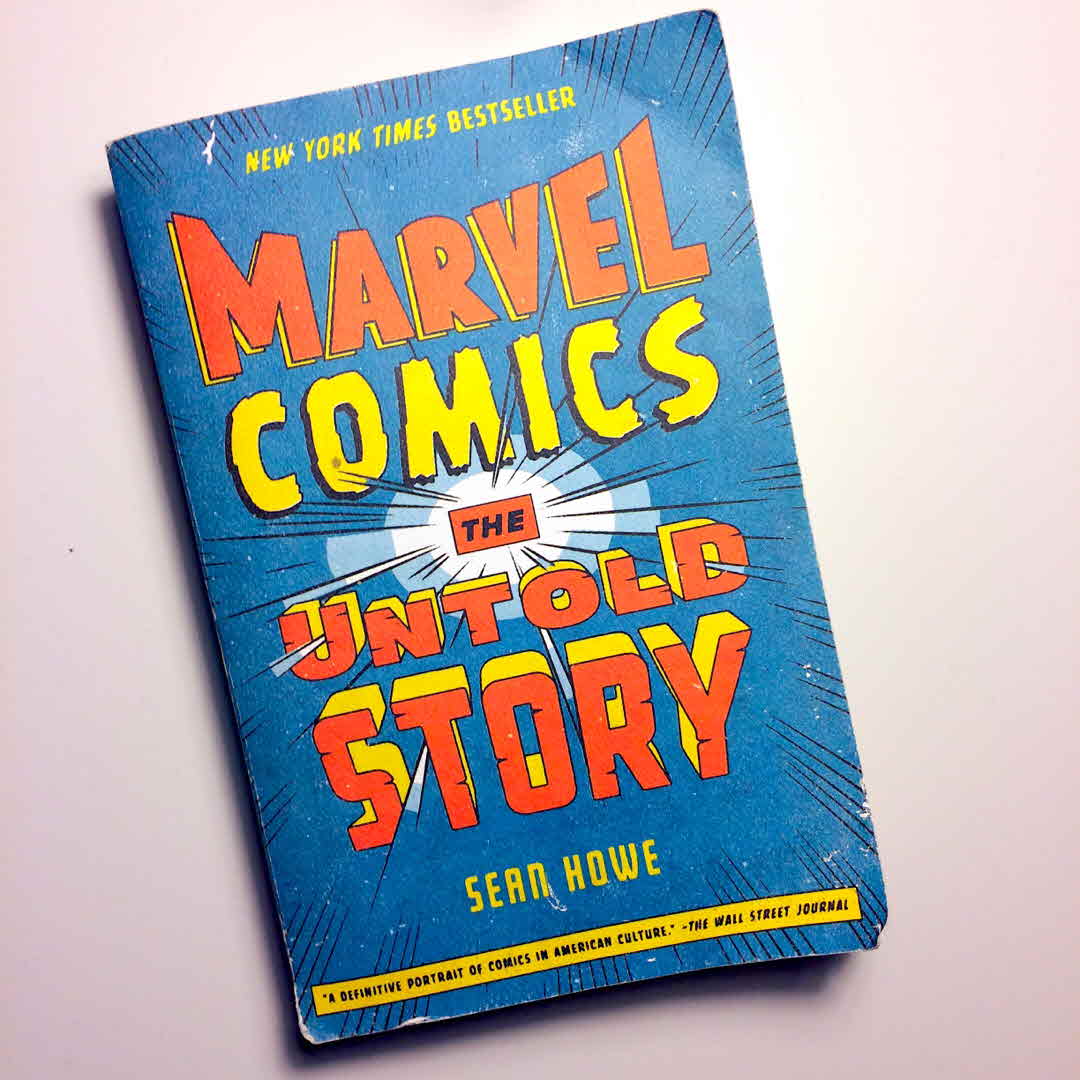

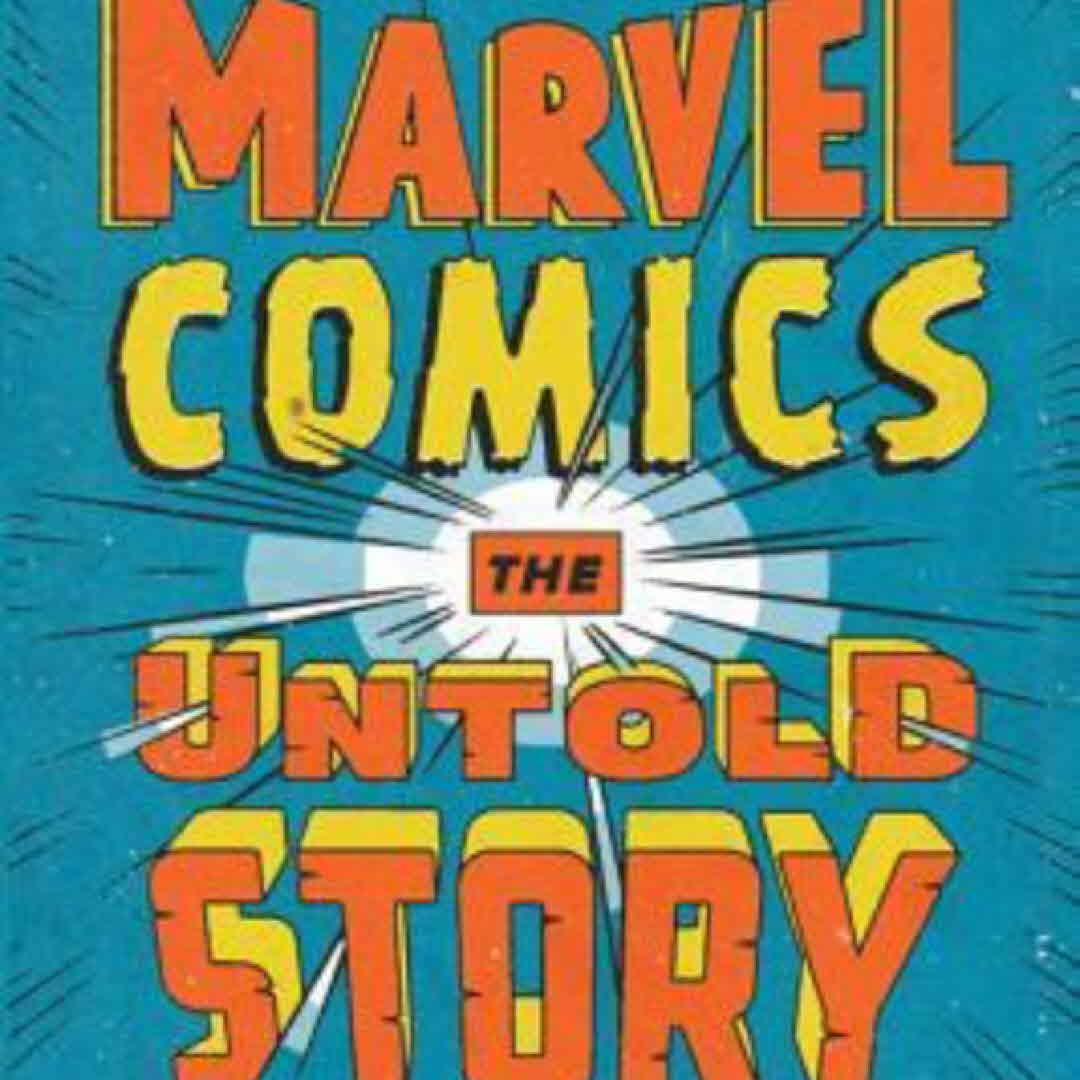


I appreciate the honesty inherent in acknowledging the 'he said, she said, they said' when speaking of the early years, filtered through acrimony, law suits, careers that went awry. Also the ongoing attention paid to the tension between artists and writers looking for fulfilling, creative work over which they retained creative control and maybe even ownership, which could be 3mo
It's no secret at this point that the artists, for decades, and even to this day, struggle to retain ownership of their work, even creative control, but it turns out the reality is even messier, 3mo
What I 'Marvel' at is honestly how the company stayed in business long enough to become an IP farm for 3mo
Howe doesn't hesitate to lay out the dirty laundry in the text and the footnotes, but it doesn't feel salacious, rather that it is trying to honour the fact that amongst groundbreaking imagination and epic highs and lows of productivity, commercial success and critical acclaim, there was a constantly disorganized or constantly reorganized hierarchy trying to stay one step ahead of eternally toxic office politics and owner 3mo
Aside from the truly wild moments excerpted from the psychedelic 60s, stoned 70s, and coked out 80s, what truly amused me were the times when Howe went direct to reader with the shade, no disgruntled intermediary required. There are evidently comic book moments known as just plain bad, and he does not hold back. 💅🏼
3mo
Now I really, really want to read a history of DC comics. 3mo